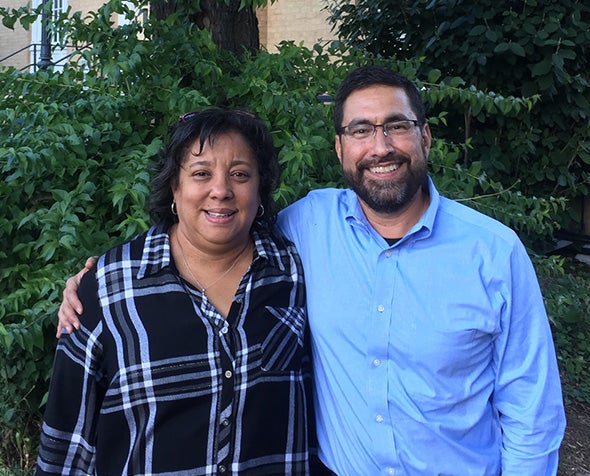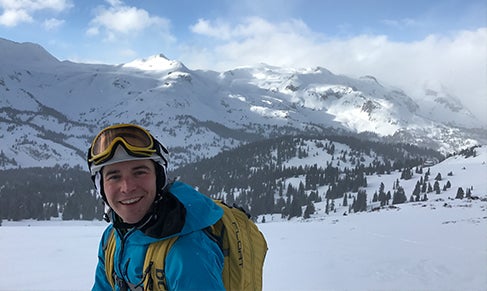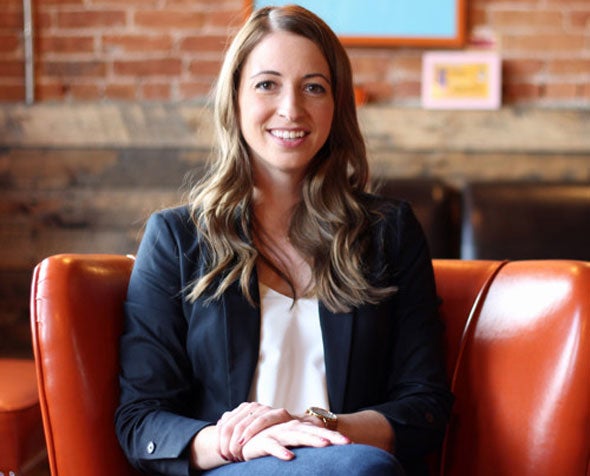
Recent PhD graduate Stephanie Nisle-Mikos studies student empowerment in high-poverty schools.
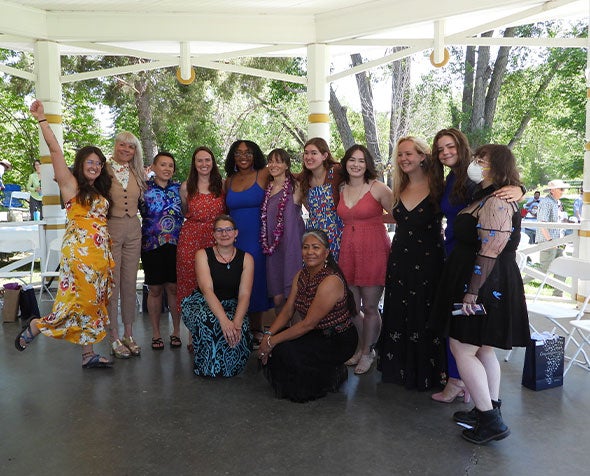
GSSW celebrates its 2024 Four Corners MSW Program graduates.
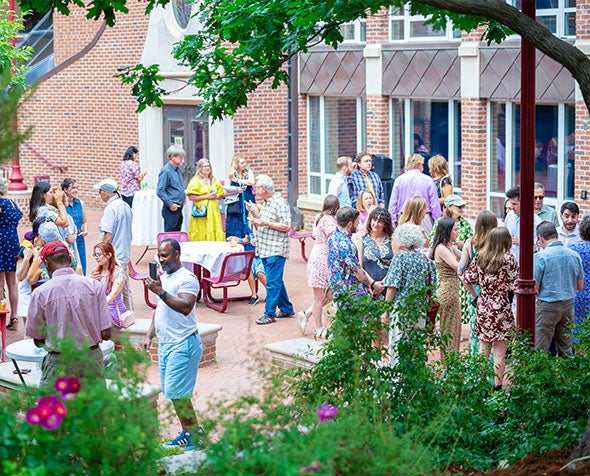
The Graduate School of Social Work’s 2024 MSW student award winners represent exemplary social work scholarship, service and practice.
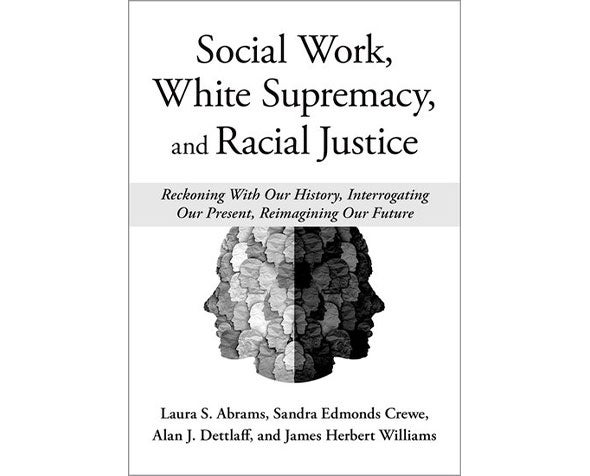
GSSW faculty and alumni coauthored chapters in a new book, “Social Work, White Supremacy, and Racial Justice,” which challenges readers to forge new practices, policies and pedagogies for an anti-racist future.
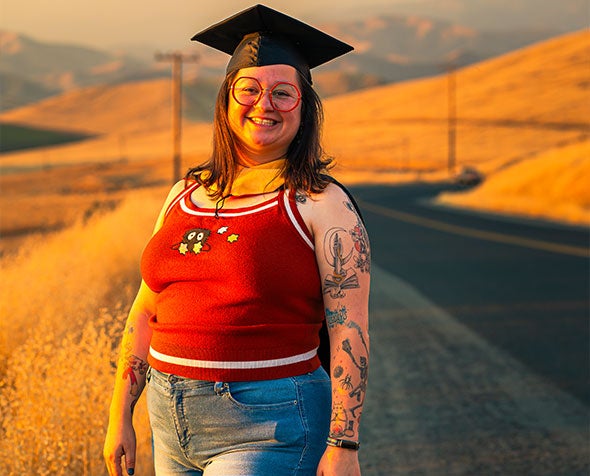
2024 MSW@Denver online MSW graduate Araceli Esparza aims to put her degree to work helping not only victims, but offenders.
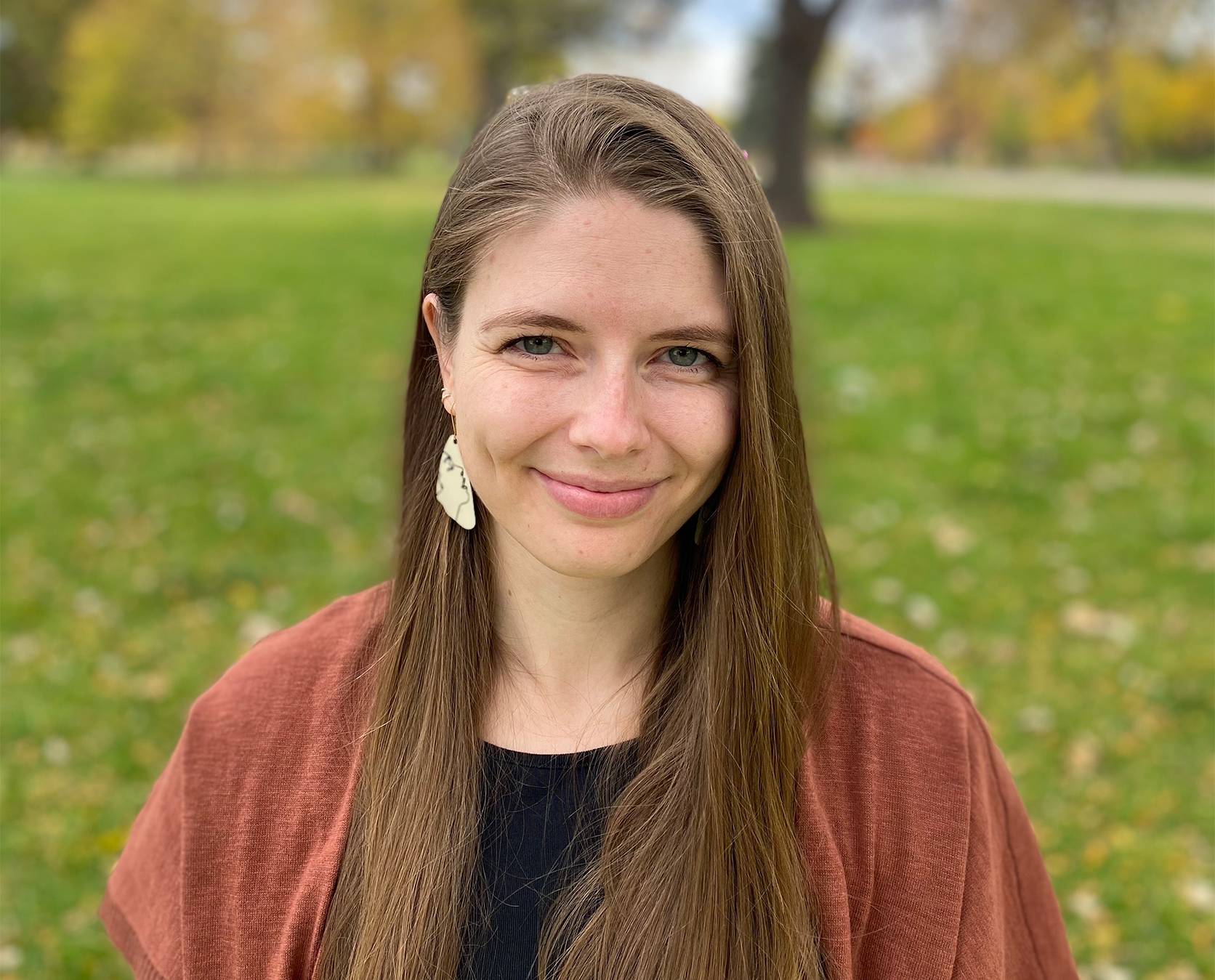
PhD graduate Pilar Ingle is working to address root causes of homelessness and health inequities and improve palliative and end-of-life care for people experiencing homelessness.
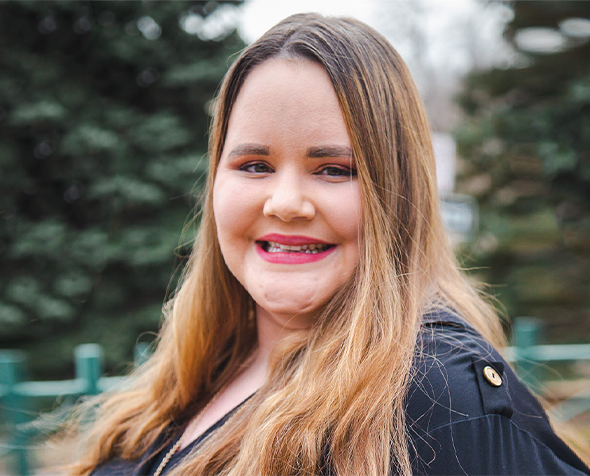
As a senior instructor of clinical practice and director of behavioral health programs for Sheridan Health Services, MSW alumna Alyssa Hetschel (MSW ’14) balances clinical practice with organizational leadership.
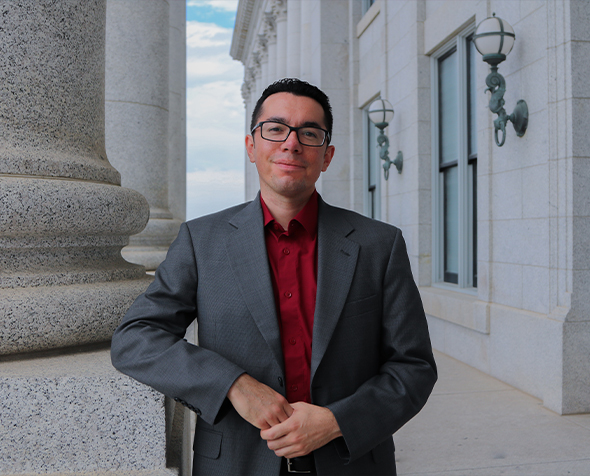
For 2023 PhD graduate Miguel Trujillo, a doctorate was a way to help his community by creating systemic change.


